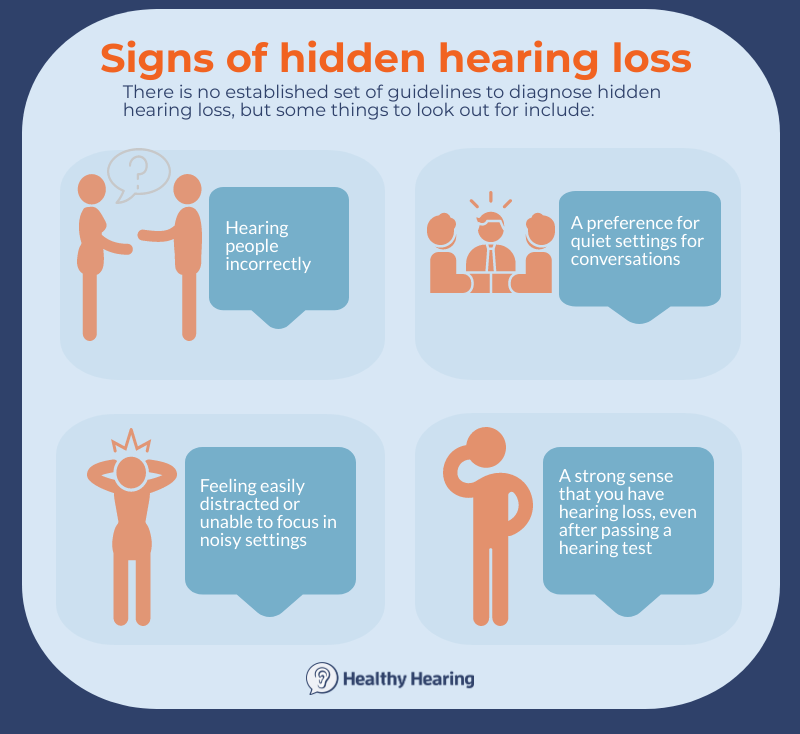Here are a couple of hearing loss anecdotes.I’m curious: do you find yourself ever aware of the hearing loss above 8K when listening to music or your system?
Personally, I’m not cognizant of my hearing loss, which is likely above 13.5 K or so. High frequencies still strike me as “extended and airy”
1. About 20 years ago when my hearing was better I was working on some speaker designs with a older friend who could't "hear" sine waves above 8-9kHz, but he still expressed preferences between super tweeters that were steeply crossed over at ~10kHz. I'm not sure if it was the interaction with teh tweeter below crossover frequency, non double blind testing, or if perhaps we hear complex signals differently than pure sine waves.
2. Back then my hearing dropped off markedly above ~15kHz... today unfortunately the drop off is at about 12kHz. I still fully enjoy music and the shimmer of cymbals etc., but I don't think I am hearing as much "air" as I once did.
I'm about to turn 65. I don't much care for the idea either, but it beats the alternative.I am 63 and don't like the idea of getting any older.

